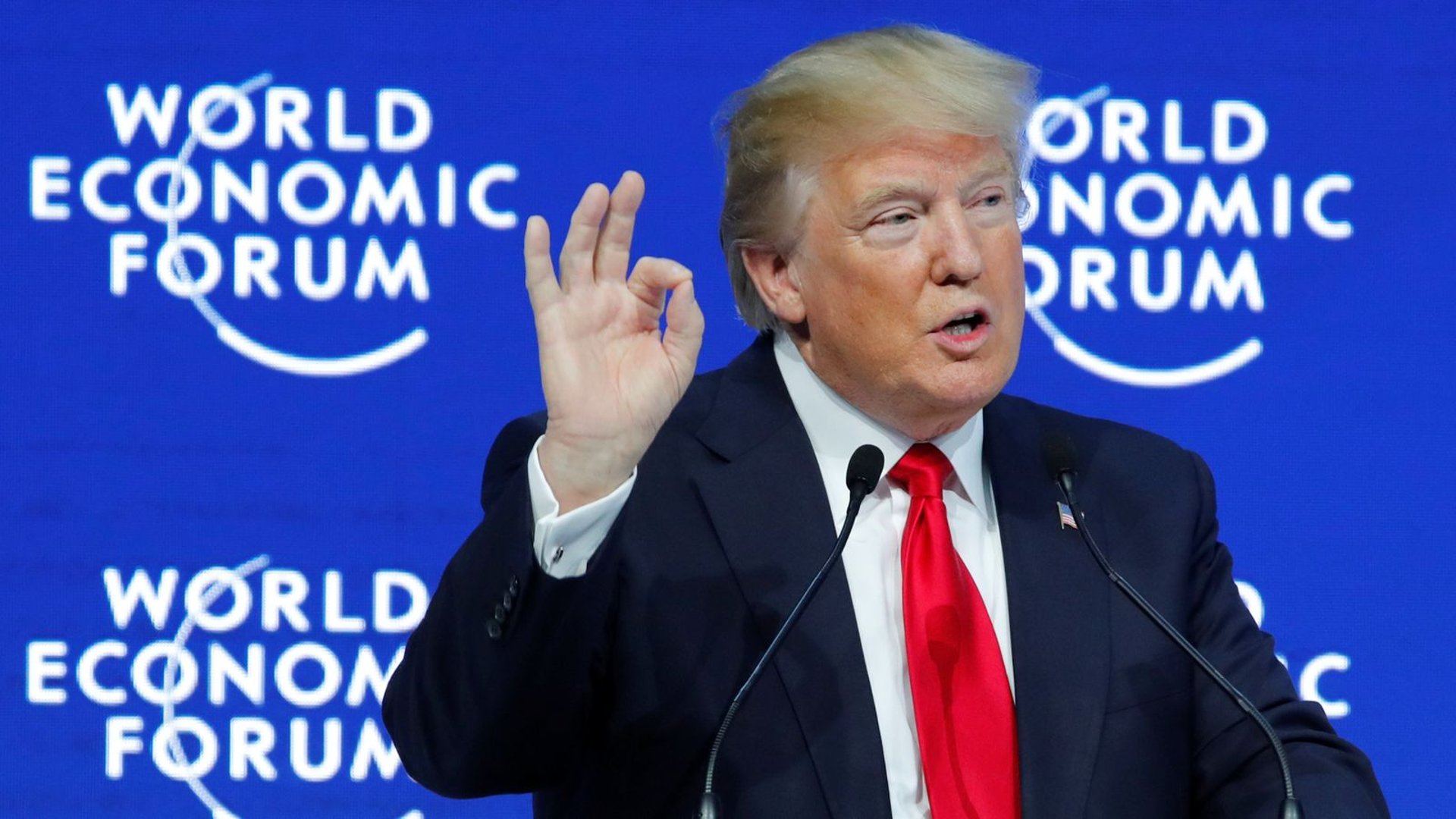
Global Leadership Challenges in 2025: Navigating Political Shifts and Economic Turmoil
2025 sees global uncertainty with Trump’s second term and Germany’s election after Scholz’s coalition collapse, sparking concerns over economic instability and shifting alliances


2025 brings a year of uncertainty for global leadership, as major political upheavals and economic challenges unfold. With Donald Trump's second term as U.S. President beginning on January 20, concerns arise over economic instability driven by his aggressive policies. Meanwhile, Germany faces its own set of challenges, preparing for a critical general election following the collapse of Chancellor Olaf Scholz's coalition government. This article delves into these significant political events and their implications for global leadership, highlighting the potential for economic fragmentation, shifting alliances, and a redefined world order.
The Return of Donald Trump: Implications for Global Leadership
The inauguration of Donald Trump for a second term has already set the stage for a tumultuous period in global politics. His policies are poised to further shift international relations, focusing on nationalism and transactional diplomacy. At the World Economic Forum in Davos, Trump’s return was a hot topic, as discussions circled around the resurgence of U.S. economic power and its impact on global alliances. Critics warn that his policies could lead to instability in international markets and undermine the existing order of multilateral cooperation.
Trump's inaugural address emphasized a bold economic agenda, with a focus on reducing oil prices and cutting global interest rates. He also made it clear that U.S. businesses should receive more investments, threatening tariffs on foreign companies if they did not comply. These aggressive measures have sent shockwaves through global financial markets, raising concerns about economic fragmentation.
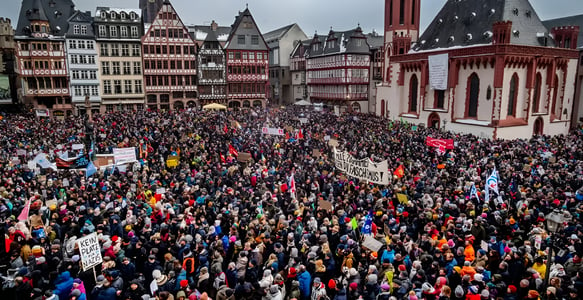

Germany's Political Turmoil: Preparing for a Pivotal Election
Germany, the economic powerhouse of Europe, finds itself in a period of political instability as it heads into a general election on February 23. Chancellor Olaf Scholz's coalition government collapsed amid disagreements within the ruling parties, leading to a crisis of confidence in his leadership. This election is not only a critical test for Germany but also for the entire European Union, as the results could have far-reaching effects on the EU’s unity and its approach to economic and geopolitical issues.
The uncertainty surrounding Germany’s political future has created a sense of unease within Europe. German voters are facing a choice that will shape the direction of the country and influence the stability of the European continent in the years to come. The outcome could signal whether Germany will embrace reform and innovation or whether it will continue along its current path of political division.
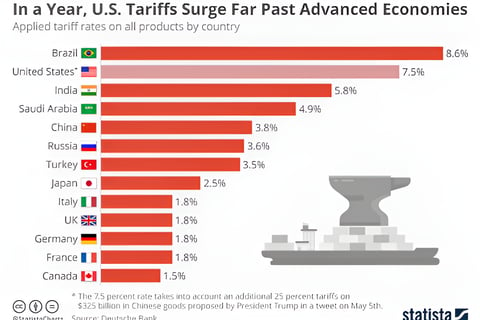

Economic Impacts: Trade Wars and Global Economic Fragmentation
As political leaders like Trump push for unilateral action, trade wars become an ever-present threat. With the U.S. imposing tariffs on key trading partners, Germany and the EU are particularly vulnerable. The U.S.’s protectionist policies could lead to significant losses in trade, especially in industries like automobiles and pharmaceuticals. According to the German Economic Institute (IW), a 10% tariff on U.S. imports could result in a staggering €127 billion GDP loss over four years.
The global economic landscape could change drastically if the U.S. continues to withdraw from multilateral agreements, such as the Paris Agreement and the World Health Organization. Analysts warn that these actions could spark a wave of protectionism, ultimately leading to economic fragmentation. This could further exacerbate the ongoing instability, as countries look inward rather than cooperating with one another.
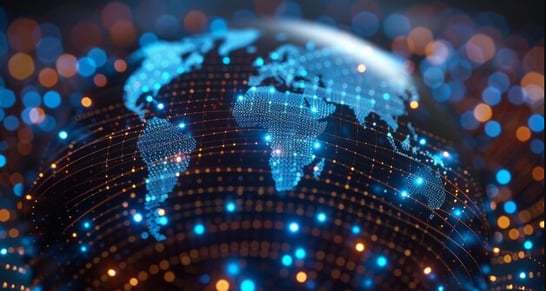

Europe's Response: Calls for Reform and Innovation
In the wake of these global challenges, European leaders have been vocal about the need for reform. Former European Central Bank President Mario Draghi recently called for greater investment in European economies, which have been struggling to achieve significant growth. European Commission President Ursula von der Leyen has outlined an ambitious five-year roadmap to address economic stagnation and political challenges, including greater economic integration within the EU.
Despite these efforts, Europe faces an uphill battle. While the U.S. leads in technological innovation, Europe’s bureaucratic systems and political divisions make it difficult for the continent to adapt quickly. Many executives and policymakers doubt whether Europe can match the dynamic spirit of the U.S., given its current state of disunity.
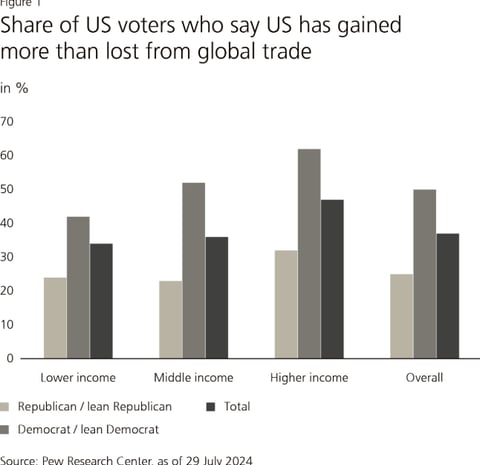

The Future of Multilateralism: A Critical Crossroads
One of the most significant challenges in 2025 is the future of multilateralism. The rise of nationalism and transactional politics has made multilateral cooperation seem increasingly outdated. International organizations like the United Nations and the World Trade Organization are struggling to maintain relevance in a world where national interests often take precedence.
OECD Secretary General Mathias Cormann has stressed the importance of multilateralism, particularly in areas such as tax reform and climate change. Yet, the prevailing sentiment at events like Davos suggests that global cooperation is increasingly being viewed through a lens of self-interest, with countries more concerned about their own survival than collective action.
As we move deeper into 2025, the world is at a crossroads. The return of Donald Trump to the U.S. presidency and the political uncertainty in Germany highlight the growing influence of nationalism and protectionism on the global stage. These shifts are reshaping global leadership and raising questions about the future of international cooperation.
The potential for economic fragmentation and trade wars is very real, and the ongoing political instability in Europe only adds to the uncertainty. The future of multilateralism hangs in the balance as countries navigate the shifting tides of global politics. The world is watching closely, but one thing is certain: global leadership in 2025 is poised to face unprecedented challenges, and only time will tell how leaders will rise to meet them.
